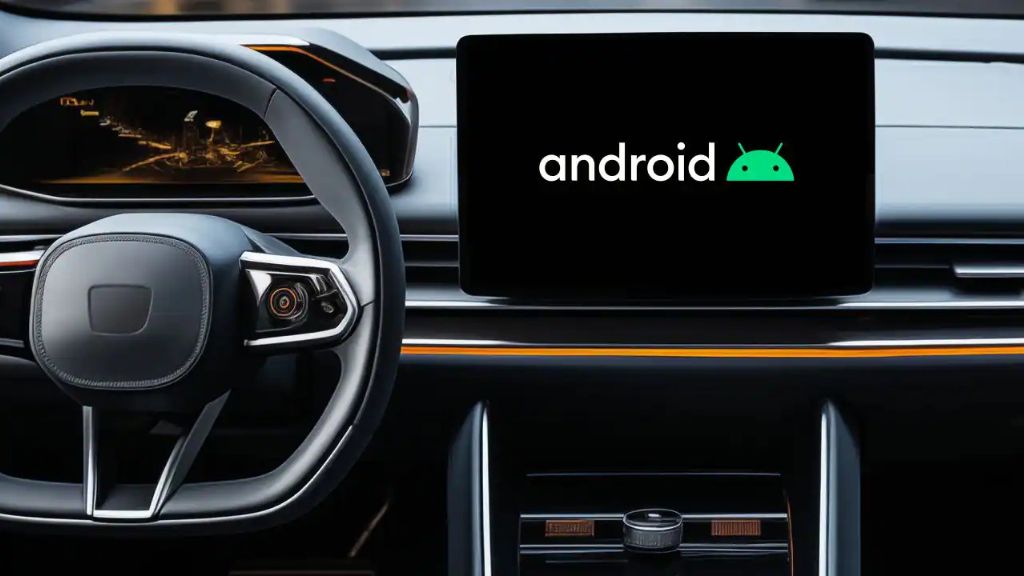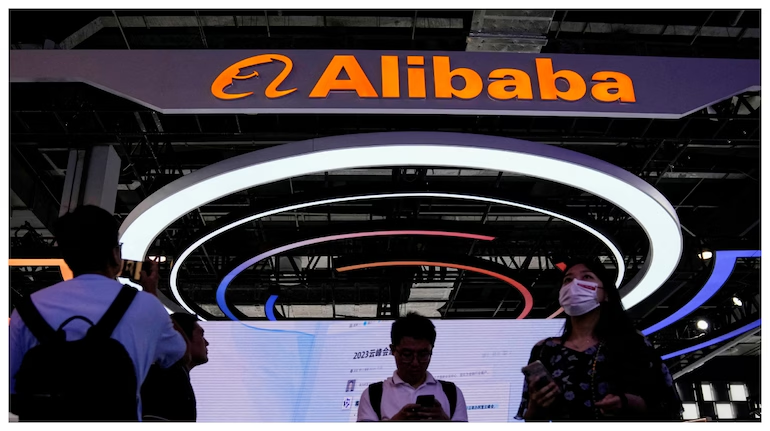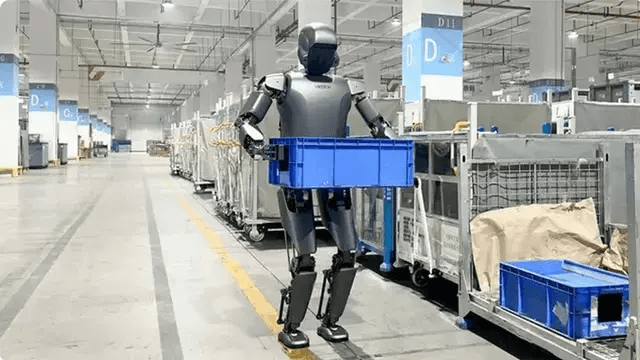
In a tech industry move set to redefine the automotive experience, Google and Qualcomm announced a strategic partnership aimed at integrating advanced generative artificial intelligence into vehicles. This collaboration, revealed on October 22, 2024, seeks to empower automakers with the ability to develop sophisticated AI voice assistants, enhancing in-car interaction and navigation systems.
The partnership leverages Qualcomm’s prowess in chip manufacturing with Google’s expertise in AI and Android Automotive OS, promising vehicles equipped with cutting-edge technology for real-time updates, immersive map experiences, and intuitive voice commands. This initiative not only aims to make interactions between drivers and their vehicles more seamless but also positions the car as a new frontier for tech innovation, where generative AI can offer personalized driving experiences.
Qualcomm’s latest chips, designed to support complex AI computations on-device, will work in tandem with Google’s software to allow for an integrated, efficient, and secure user experience. This move is seen as part of a broader push towards software-defined vehicles, where the car’s capabilities can evolve through software updates, much like smartphones today.
Industry analysts on X (formerly known as Twitter) have highlighted the potential for this partnership to accelerate the adoption of AI in automotive applications, suggesting a future where cars could independently handle more tasks, from navigating through traffic with real-time AI-optimized routes to managing vehicle functions through natural voice interaction.
However, this collaboration raises questions about data privacy and the integration of such technology into everyday life. Critics argue that while the technology promises convenience, the implications of having AI deeply embedded in yet another aspect of daily life need thorough examination, especially concerning data security and user privacy.
The automotive sector is watching closely as this partnership could set a new standard for what consumers expect from their vehicles, potentially sparking a race among tech and automotive companies to implement similar or even more advanced features.
This Google-Qualcomm alliance not only signifies a leap towards more autonomous and intelligent vehicles but also exemplifies how cross-industry collaborations can push the boundaries of what’s possible, reshaping our expectations of technology in every facet of life, including our daily commute.





